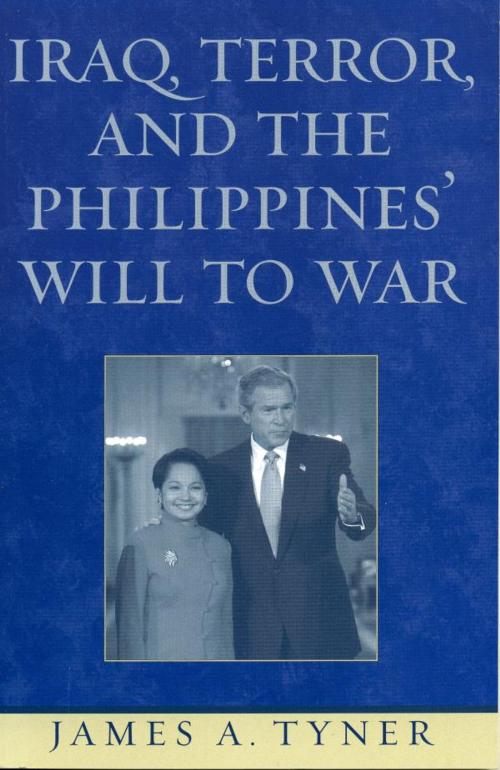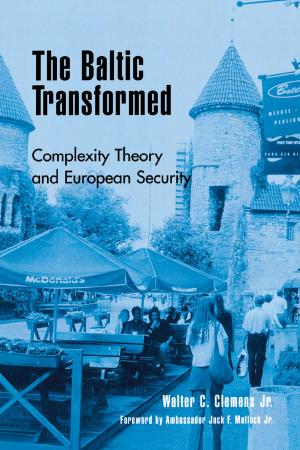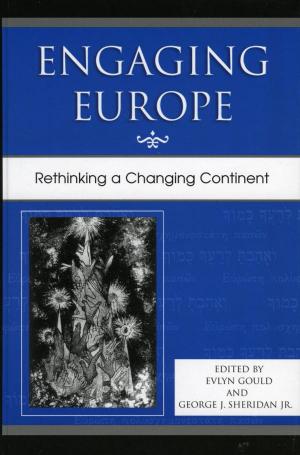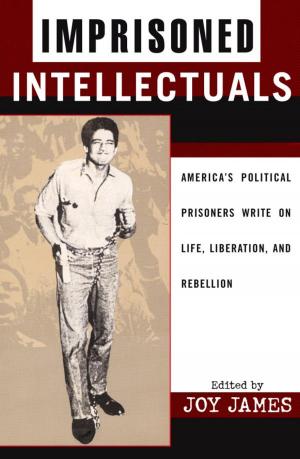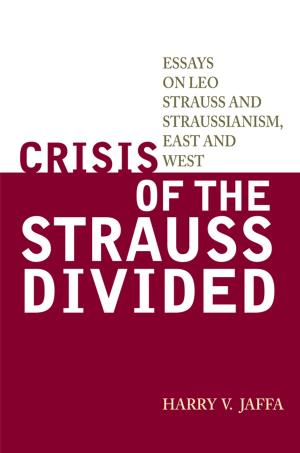| Author: | James A. Tyner | ISBN: | 9781461637905 |
| Publisher: | Rowman & Littlefield Publishers | Publication: | April 20, 2005 |
| Imprint: | Rowman & Littlefield Publishers | Language: | English |
| Author: | James A. Tyner |
| ISBN: | 9781461637905 |
| Publisher: | Rowman & Littlefield Publishers |
| Publication: | April 20, 2005 |
| Imprint: | Rowman & Littlefield Publishers |
| Language: | English |
After September 11, 2001, United States President George W. Bush put together a "Coalition of the Willing." From the very beginning this coalition included the Philippines, a willing participant in the U.S.-led invasion and occupation of Iraq and the larger War on Terror. This timely and persuasive book argues that the Philippines' recent foreign policy must be understood by considering three factors: the crucial role of overseas employment to the Philippine economy, the mendicant relationship between the Philippines and the United States, and the Catholicism of Philippine President Gloria Macapagal-Arroyo.
Between September 11 and August 4, 2004, the Philippine State identified itself as a loyal and supportive member of the Coalition of the Willing, in part to take advantage of the labor opportunities in the reconstruction efforts of Iraq. However, in the face of mounting violence and instability in the war-torn country, the Philippines became increasingly reluctant to actively participate in the coalition. When Angelo de la Cruz, a Filipino truck driver, was kidnapped, the Philippine government withdrew its forces from Iraq. This decision can only be understood in the context of Macapagal-Arroyo's political fundamentalism. Specifically, Macapagal-Arroyo believed that it was God's will to spare the life of de la Cruz.
This study of the Philippines' recent foreign policy examines the interconnections of international relations, transnational labor migration, military conflict, theology, and terrorism. It is unique in its explicit examination of peripheral states' participation in the War on Terror, the invasion of Iraq, and the Coalition of the Willing, as well as its willingness to discuss the religious context of a state's foreign policy.
After September 11, 2001, United States President George W. Bush put together a "Coalition of the Willing." From the very beginning this coalition included the Philippines, a willing participant in the U.S.-led invasion and occupation of Iraq and the larger War on Terror. This timely and persuasive book argues that the Philippines' recent foreign policy must be understood by considering three factors: the crucial role of overseas employment to the Philippine economy, the mendicant relationship between the Philippines and the United States, and the Catholicism of Philippine President Gloria Macapagal-Arroyo.
Between September 11 and August 4, 2004, the Philippine State identified itself as a loyal and supportive member of the Coalition of the Willing, in part to take advantage of the labor opportunities in the reconstruction efforts of Iraq. However, in the face of mounting violence and instability in the war-torn country, the Philippines became increasingly reluctant to actively participate in the coalition. When Angelo de la Cruz, a Filipino truck driver, was kidnapped, the Philippine government withdrew its forces from Iraq. This decision can only be understood in the context of Macapagal-Arroyo's political fundamentalism. Specifically, Macapagal-Arroyo believed that it was God's will to spare the life of de la Cruz.
This study of the Philippines' recent foreign policy examines the interconnections of international relations, transnational labor migration, military conflict, theology, and terrorism. It is unique in its explicit examination of peripheral states' participation in the War on Terror, the invasion of Iraq, and the Coalition of the Willing, as well as its willingness to discuss the religious context of a state's foreign policy.
